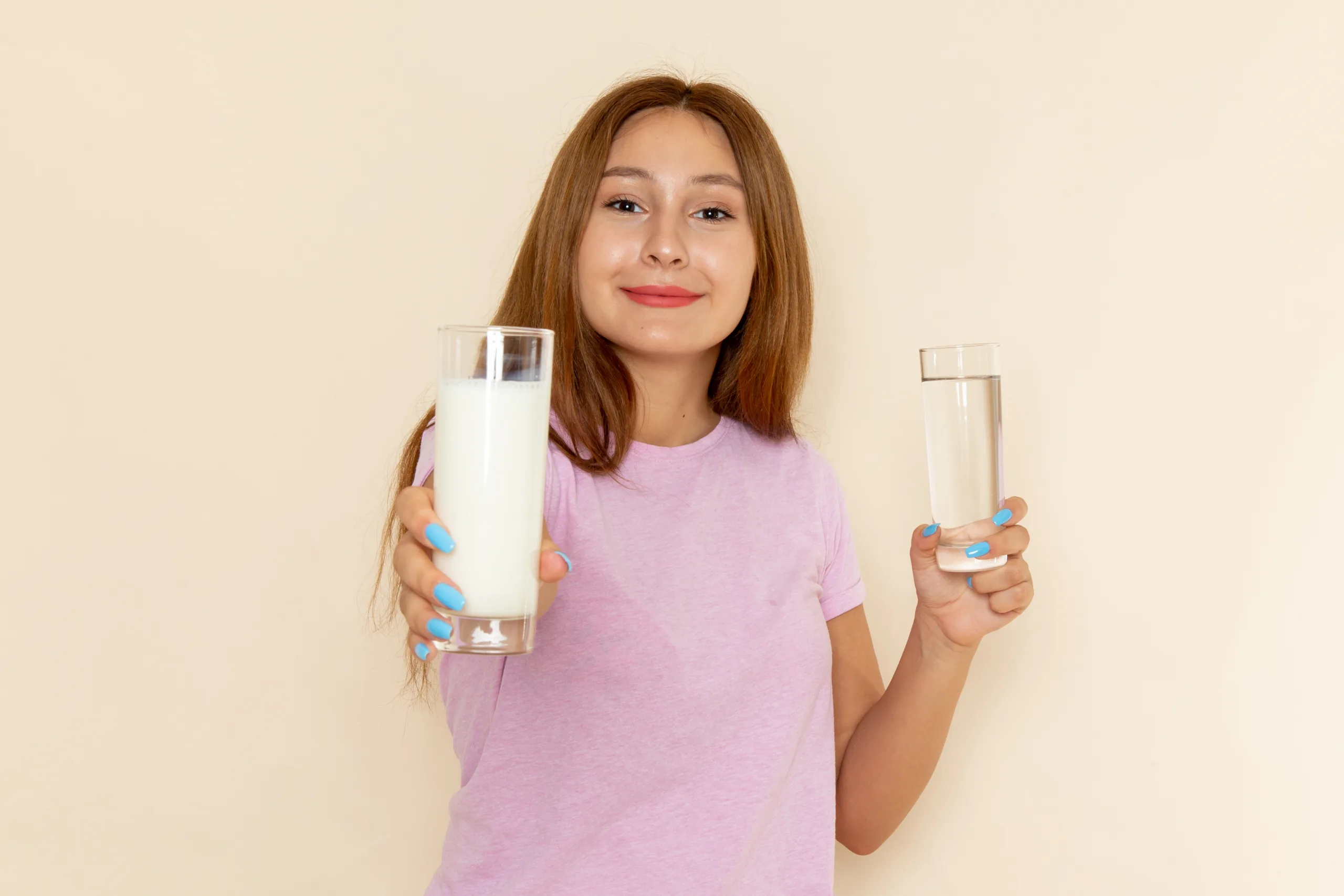Is Milk More Hydrating Than Water
Is Milk More Hydrating Than Water. Hydration is a fundamental aspect of maintaining overall health and well-being. The debate over whether milk can hydrate better than water has sparked considerable interest in both scientific and everyday conversations. We delve into the intricacies of hydration, comparing the properties of milk and water to determine which is more effective at keeping us hydrated.
Understanding Hydration: The Basics
Hydration is the process by which our bodies absorb and utilize fluids. Water is essential for nearly every bodily function, from regulating temperature to transporting nutrients and removing waste. Dehydration, or the lack of adequate fluid, can lead to a range of health issues, including fatigue, headaches, and impaired cognitive function.
Water is often touted as the best source of hydration. It is calorie-free, readily available, and essential for life. However, some argue that other beverages, such as milk, may offer superior hydration due to their unique nutritional profiles.
The Nutritional Composition of Milk
Milk is a complex beverage, rich in essential nutrients. It contains a balanced mix of proteins, carbohydrates, fats, vitamins, and minerals, making it a nutritious option for hydration. Key components of milk include:
- Proteins: Milk is a good source of high-quality protein, including casein and whey, which support muscle repair and growth.
- Carbohydrates: The lactose in milk provides a source of energy.
- Fats: Milk fat helps in the absorption of fat-soluble vitamins and provides a feeling of satiety.
- Vitamins and Minerals: Milk is rich in calcium, vitamin D, potassium, and other essential nutrients.
These components can contribute to prolonged hydration by providing more than just water.
Types of Milk
Different types of milk offer varying nutritional benefits:
- Whole Milk: Contains about 3.25% fat and provides the richest flavor and texture.
- Skim Milk: Has most of the fat removed, making it lower in calories while still retaining most of the nutrients.
- Plant-Based Milks: Almond, soy, and oat milk are popular alternatives, each with their unique nutritional profile
Hydration Properties of Water
Water, being a pure substance, is free from calories, sugars, and other nutrients. Its primary role is to rehydrate the body without adding any additional components that require digestion or metabolism. This makes water an excellent choice for quick and efficient hydration, especially during exercise or in hot weather.
Benefits of Water
Water offers several distinct advantages for hydration:
- Zero Calories: Ideal for those looking to maintain or lose weight.
- Immediate Hydration: Quickly absorbed by the body, it provides fast hydration.
- No Allergens: It is free from common allergens, making it suitable for everyone.
Comparative Hydration: Milk vs. Water
Rehydration Efficiency
Several studies have examined the rehydration efficiency of different beverages. According to research, milk may be more effective at rehydrating the body than water. This is due to several factors:
- Electrolytes: Milk contains natural electrolytes such as sodium and potassium, which help retain fluids in the body.
- Nutrient Absorption: The proteins and carbohydrates in milk can slow gastric emptying, leading to more sustained hydration compared to water.
Hydration myths and facts
- Myth: Only water hydrates
While water is a primary source of hydration, other beverages, including milk, tea, and juice, also contribute to overall fluid intake. The idea that only water can hydrate is a misconception. Beverages with electrolytes, such as sports drinks, can be particularly effective for rehydration after strenuous activities.
- Fact: Milk is a complete food.
Milk is often referred to as a complete food because it contains a wide range of nutrients. This makes it a valuable addition to a balanced diet, providing not only hydration but also essential vitamins and minerals that support overall health.
- Myth: Drinking milk leads to dehydration.
Some believe that the diuretic effect of milk’s protein content can lead to dehydration. However, studies have shown that milk’s rehydration benefits outweigh any potential diuretic effects, making it a viable option for maintaining hydration.
Hydration in Everyday Life
Post-Exercise Recovery
After intense exercise, the body needs to replenish lost fluids and electrolytes. Milk, particularly chocolate milk, has gained popularity as a post-workout drink. It not only rehydrates but also supplies proteins and carbohydrates needed for muscle recovery.
- Chocolate Milk: Contains added sugars, which help replenish glycogen stores in muscles.
- Plain Milk: Offers a balanced mix of proteins and carbohydrates without added sugars.
Scientific Studies
Research has shown that milk is highly effective for rehydration. One study published in the British Journal of Nutrition found that milk, both full-fat and skim, was more hydrating than water and sports drinks. The presence of sodium and the slower digestion of proteins and fats contributed to this prolonged hydration effect.

